Table of Contents
- Liver Transplant Hospitals in Delhi
- List Of Top 10 Liver Government Hospitals In Delhi
- 1) Institute of Liver & Biliary Sciences (ILBS)
- Key Achievements in Liver Treatment
- 2) All India Institute of Medical Sciences
- Key Achievements in Liver Treatment
- 3) Lok Nayak Jai Prakash Narayan Hospital
- Key Achievements in Liver Treatment
- 4) Safdarjung Hospital
- Key Achievements in Liver Treatment
- 5) Dr. Ram Manohar Lohia Hospital (RML)
- Key Achievements in Liver Treatment
- 6) Guru Teg Bahadur Hospital (GTB)
- Key Achievements in Liver Treatment
- 7) Deen Dayal Upadhyay Hospital (DDU)
- Key Achievements in Liver Treatment
- 8) Lady Hardinge Medical College and Hospital (LHMC)
- Key Achievements in Liver Treatment
- 9) Maulana Azad Medical College and Associated Hospitals
- Key Achievements in Liver Treatment
- 10) Hindu Rao Hospital
- Key Achievements in Liver Treatment
- Conclusion
Liver Transplant Hospitals in Delhi
Delhi is home to some of the best government hospitals for liver treatment, offering advanced care, modern technology, and highly skilled liver transplant specialists. These hospitals are trusted for their affordable, high-quality treatment and excellent patient care, making Delhi a preferred destination for both domestic and international patients seeking liver health solutions.
Top Liver Government Hospitals in Delhi
Some of the leading government hospitals for liver care in Delhi include:
- Institute of Liver & Biliary Sciences (ILBS) – Renowned for advanced liver transplants, hepatology, and comprehensive liver care.
- All India Institute of Medical Sciences (AIIMS) – Offers state-of-the-art diagnostic and treatment facilities for liver diseases.
- Lok Nayak Jai Prakash Narayan Hospital – Provides affordable treatment for liver cirrhosis, hepatitis, and fatty liver disease.
- Safdarjung Hospital – Equipped for complex liver procedures and supportive post-treatment care.
- Dr. Ram Manohar Lohia Hospital (RML) – Known for expert hepatologists and liver transplant services.
- Guru Teg Bahadur Hospital (GTB) – Offers comprehensive liver care with modern diagnostic tools.
- Lady Hardinge Medical College & Hospital (LHMC) – Provides specialized care for liver disorders in women and adults.
- Maulana Azad Medical College & Associated Hospitals – Recognized for liver disease management and affordable treatments.
- Hindu Rao Hospital – Focuses on preventive care and treatment for various liver conditions.
Why Choose Government Hospitals for Liver Treatment in Delhi?
- Expert Liver Specialists: Skilled hepatologists and transplant surgeons.
- Advanced Technology: Equipped for diagnostics, surgeries, and liver transplants.
- Affordable Care: Cost-effective treatment compared to private hospitals.
- Comprehensive Services: From diagnosis and treatment to post-operative care and preventive support.
- High Success Rates: Trusted for managing complex liver conditions effectively.
Common Liver Conditions Treated
These top Delhi hospitals specialize in treating:
- Liver cirrhosis
- Hepatitis (A, B, C, and autoimmune)
- Fatty liver disease
- Liver cancer
- Liver failure requiring transplantation
Conclusion
If you’re seeking top government hospitals for liver treatment in Delhi, these institutions provide expert care, advanced facilities, and high success rates. From diagnostics to liver transplants, Delhi’s government hospitals ensure affordable and comprehensive liver healthcare for patients across India and abroad.
Read More: Find Best Hospitals Near You

List Of Top 10 Liver Government Hospitals In Delhi
1) Institute of Liver & Biliary Sciences (ILBS)
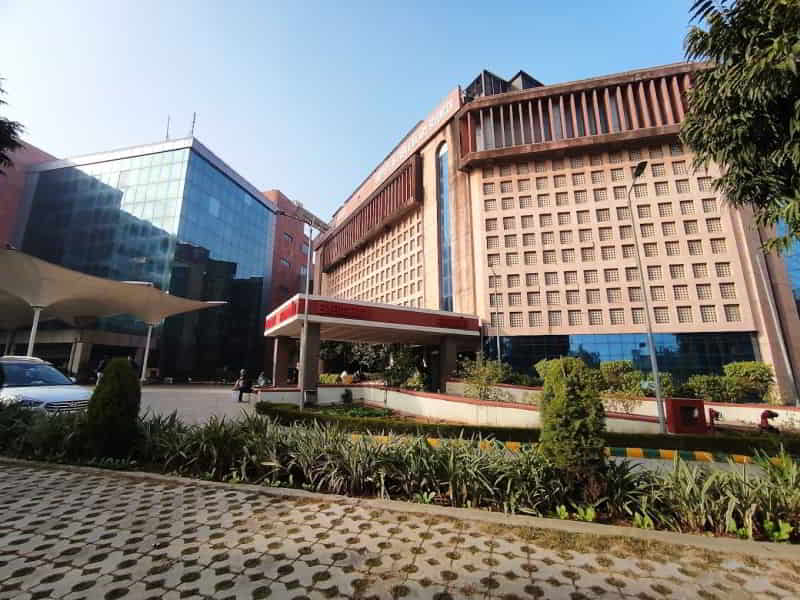
The Institute of Liver & Biliary Sciences (ILBS), founded by the Government of the National Capital Territory of Delhi, began operations in 2009 and was formally inaugurated on January 14, 2010. As India’s first super-speciality hospital dedicated exclusively to liver and biliary diseases, ILBS offers state-of-the-art care, advanced research, and education in hepatology.
Key Achievements in Liver Treatment
- Liver Transplantation: Over 900 liver transplants performed, making ILBS a leading liver transplant centre in India.
- Kidney Transplantation: Successfully conducted over 250 kidney transplants, demonstrating multi-organ expertise.
- Hepatobiliary & Urological Surgeries: Performed more than 11,000 complex surgeries, reflecting surgical excellence.
- Research & Publications: Over 1,000 peer-reviewed publications, advancing global knowledge in hepato-biliary sciences.
- Education & Training: As a Deemed University, ILBS provides advanced training and research opportunities in liver care.
ILBS is a trusted destination for comprehensive liver and biliary treatment in Delhi, combining cutting-edge technology, expert specialists, and world-class research and education.
2) All India Institute of Medical Sciences
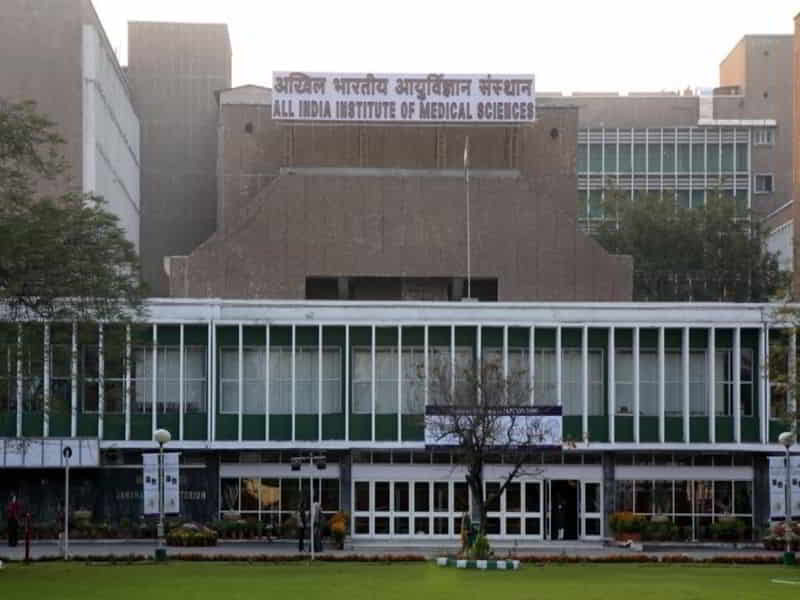
AIIMS New Delhi, established in 1956 with the vision of India’s first Prime Minister, Jawaharlal Nehru, and supported by Rajkumari Amrit Kaur, has grown into a world-class medical university and hospital, renowned for hepatology and liver treatment.
Key Achievements in Liver Treatment
- First Adult Living Donor Liver Transplant: Successfully performed in July 2023, marking a major milestone in transplant care.
- Dedicated Liver Transplant Committee: Formed in 2023 to expand live liver transplant services, enhancing treatment options.
- Pioneering Procedures: Introduced advanced surgeries like portocaval surgery for complex liver conditions.
- Affordable Liver Transplants: Provides cost-effective transplant solutions for economically weaker patients, with government support.
- Comprehensive Post-Transplant Care: Ensures long-term success through follow-up care and medication management.
AIIMS New Delhi is a trusted destination for advanced, affordable, and research-backed liver care in Delhi, combining expertise, modern facilities, and holistic patient management.
3) Lok Nayak Jai Prakash Narayan Hospital
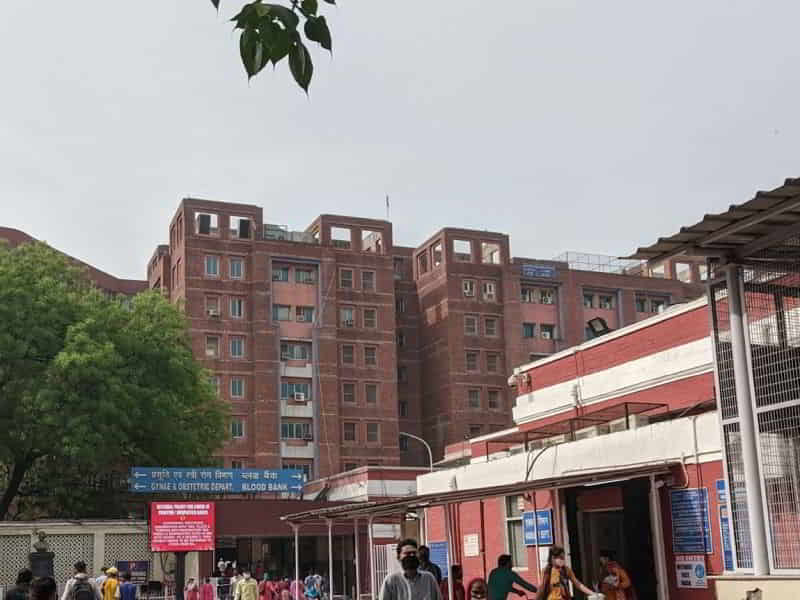
Lok Nayak Jai Prakash Narayan (LNJP) Hospital, established on January 10, 1930 by Lord Irwin as Irwin Hospital and renamed in 1989, is a leading government hospital in Delhi known for specialized liver treatments.
Key Achievements in Liver Treatment
- Tertiary Referral Centre: Manages complex liver disease cases, providing advanced care at critical stages.
- State-of-the-Art Technology: Equipped with modern diagnostic and therapeutic tools for comprehensive liver care.
- Experienced Medical Staff: Skilled doctors, nurses, and support teams ensure effective management of intricate liver conditions.
- Comprehensive Liver Care: Successfully treats liver abscesses, cirrhosis, and complex liver surgeries with high success rates.
LNJP Hospital is a trusted destination for quality liver care in Delhi, combining expertise, advanced facilities, and a patient-focused approach.
4) Safdarjung Hospital
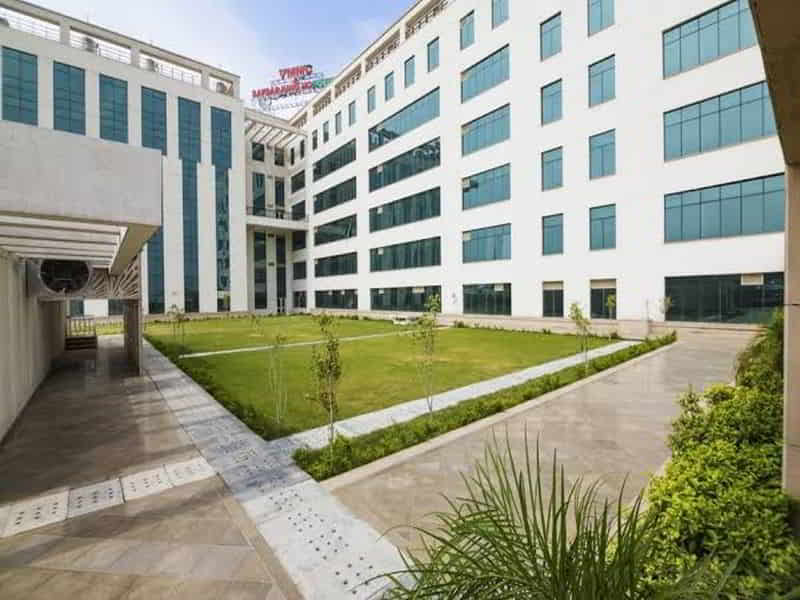
Safdarjung Hospital, established in 1942 as a Base Hospital for the Allied Forces and taken over by the Government of India in 1954, has evolved into a premier government hospital in Delhi for liver treatment and transplants.
Key Achievements in Liver Treatment
- Pioneering Liver Procedures: Introduced laparoscopic cholecystectomy in 1994, successfully performing 100 cases without morbidity or mortality by 1997.
- Centre for Liver Transplants: Recognized for providing advanced liver transplant services, giving patients a new lease on life.
- Comprehensive Liver Care: Offers integrated services including diagnostics, medical treatment, and post-operative care.
- Hepatology Research: Contributes to innovative research in liver diseases, advancing global medical knowledge.
- Expert Medical Team: Skilled in managing complex liver conditions, including acute liver failure and cirrhosis.
Safdarjung Hospital is a trusted destination for high-quality liver care in Delhi, combining expertise, advanced facilities, and research-backed treatment protocols.
5) Dr. Ram Manohar Lohia Hospital (RML)
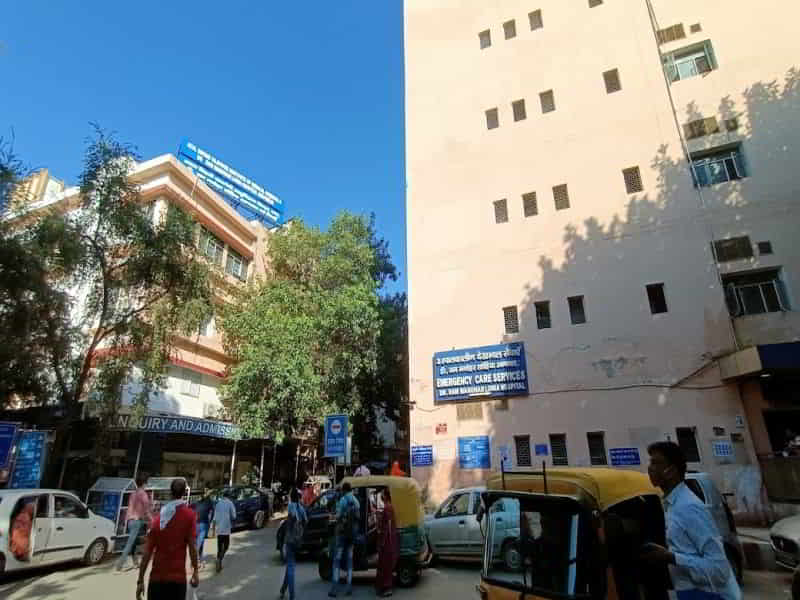
Dr. Ram Manohar Lohia (RML) Hospital, established in 1932 as Willingdon Hospital, has grown from a 54-bed facility to a leading government multi-speciality hospital in Delhi, renowned for liver treatment and transplant services.
Key Achievements in Liver Treatment
- Comprehensive Liver Care: Offers a complete liver disease management program, from diagnosis to advanced treatment.
- Expert Medical Team: Dedicated hepatologists, surgeons, and transplant specialists provide coordinated care.
- Advanced Facilities: Equipped with modern diagnostics, treatment units, and liver ICUs for complex cases.
- Successful Liver Surgeries & Transplants: High success rates with a focus on minimizing complications and ensuring patient safety.
- Research & Innovation: Actively involved in liver disease research, advancing treatment protocols and patient care standards.
RML Hospital is a trusted destination for patients seeking top-quality liver care in Delhi, combining expertise, advanced technology, and research-backed treatments.
6) Guru Teg Bahadur Hospital (GTB)
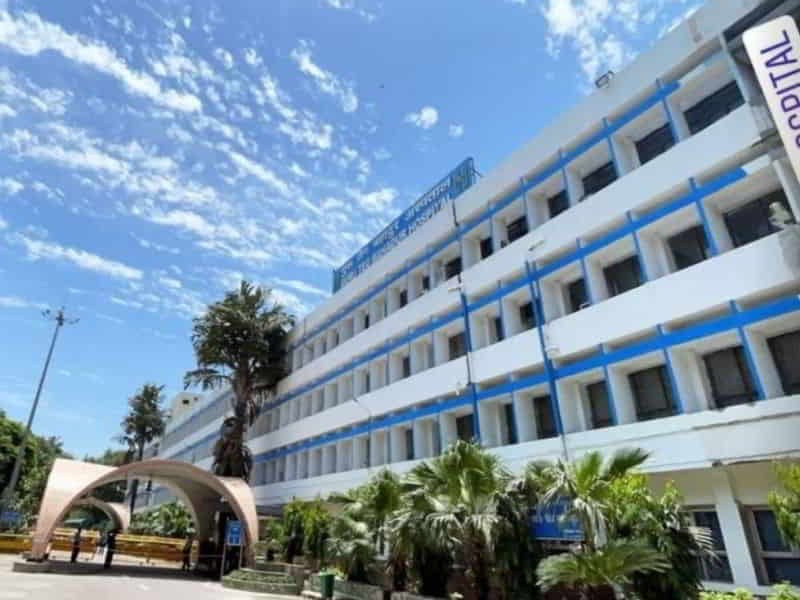
Guru Teg Bahadur (GTB) Hospital, established in 1979 and fully functional by 1987, started as a 350-bed facility and has now expanded to 1700 beds, making it one of Delhi’s leading government hospitals for liver treatment.
Key Achievements in Liver Treatment
- Specialized Liver Unit: Dedicated unit for focused care of liver diseases.
- Advanced Liver Research: Conducts cutting-edge research contributing to better liver disease management.
- Liver Transplantation Program: Offers robust transplant services for patients with end-stage liver disease.
- Medical Training & Education: As a teaching hospital affiliated with University College of Medical Sciences, it trains future hepatologists and liver specialists.
GTB Hospital is a trusted destination for patients seeking high-quality liver care in Delhi, combining expert medical teams, advanced facilities, and research-backed treatment protocols.
7) Deen Dayal Upadhyay Hospital (DDU)
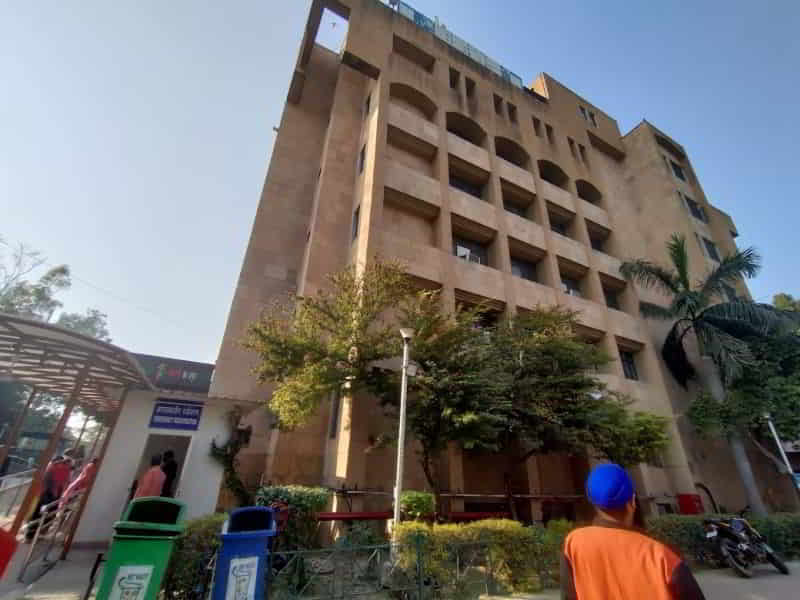
Deen Dayal Upadhyay Hospital (DDU), located in New Delhi, was established in the 1970s as a 50-bed facility and has grown into a 500-bed multi-speciality government hospital renowned for liver treatment and care.
Key Achievements in Liver Treatment
- Expanded Liver Services: Offers a comprehensive range of liver disease treatments, catering to diverse patient needs.
- Advanced Medical Facilities: Equipped with modern diagnostic tools, ICUs, and liver treatment infrastructure.
- Research & Training Hub: Contributes to medical education and innovative liver treatment protocols.
- Community Outreach: Conducts programs to raise awareness about liver health and preventive care.
- Patient-Centric Care: Focuses on comfort, well-being, and individualized treatment for patients with liver conditions.
DDU Hospital is a trusted destination for quality liver care in Delhi, combining expertise, advanced facilities, and patient-focused services.
8) Lady Hardinge Medical College and Hospital (LHMC)
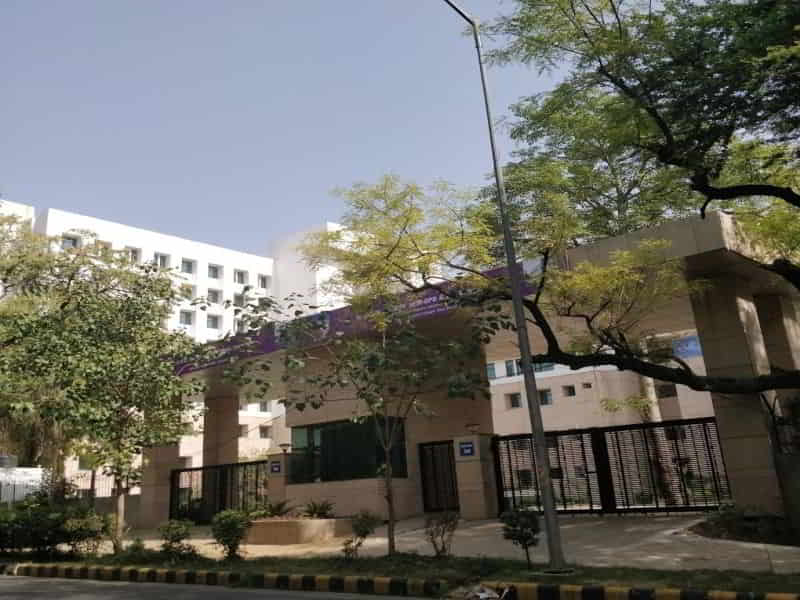
Established in 1916 by Lady Hardinge, wife of Baron Charles Hardinge, Lady Hardinge Medical College & Hospital (LHMC) is a premier government hospital in Delhi known for its excellence in liver treatment and transplant services.
Key Achievements in Liver Treatment
- Innovative Liver Care Protocols: Pioneering treatment approaches that improve patient outcomes.
- Advanced Liver Transplant Unit: Equipped for high-success liver transplants with modern facilities.
- Cutting-Edge Research: Contributions to hepatology studies that advance the understanding of liver diseases.
- Medical Training & Workshops: Regular programs to disseminate the latest liver treatment techniques nationwide.
- Comprehensive Liver Disease Management: Integrates patient care, research, and education for holistic liver health.
LHMC is a trusted destination for top-quality liver care in Delhi, combining expert doctors, advanced technology, and proven success rates.
9) Maulana Azad Medical College and Associated Hospitals
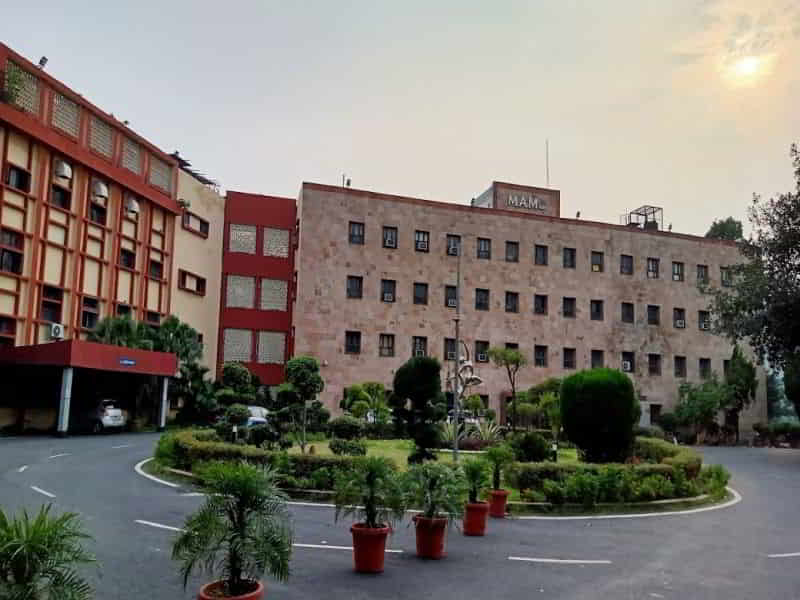
Established in 1959 and named after the esteemed Indian freedom fighter and first Education Minister of independent India, Maulana Azad Medical College (MAMC) has grown into a premier government medical institution in Delhi, affiliated with the University of Delhi. Its associated hospitals are renowned for advanced liver treatment and transplants.
Key Achievements in Liver Treatment
- Expert Medical Team: A strong unit of gastroenterologists and hepatologists skilled in managing complex liver conditions.
- Advanced Liver Care Protocols: Pioneering treatment approaches that enhance patient outcomes.
- Research Excellence: Cutting-edge research on liver diseases published in reputable medical journals, advancing hepatology knowledge.
- State-of-the-Art Facilities: Equipped for liver transplants, advanced diagnostics, and post-operative care.
- Successful Liver Transplants: Numerous transplants performed with a focus on minimizing rejection and post–operative complications.
Maulana Azad Medical College and its associated hospitals are a trusted choice for patients seeking high-quality liver treatment in Delhi, combining expertise, advanced technology, and proven success rates.
10) Hindu Rao Hospital
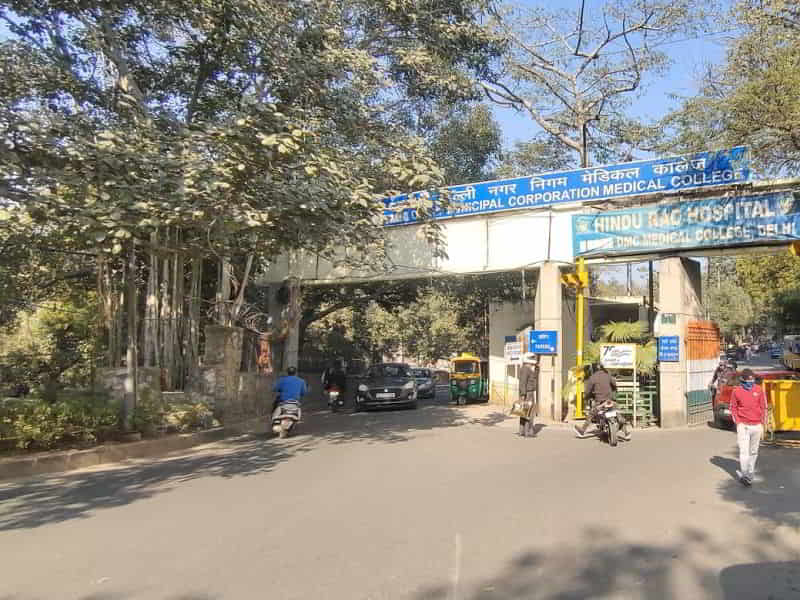
Established in 1911 as a 16-bed nursing home, Sir Edward Cole Brook Hospital has grown into one of the largest multi-speciality government hospitals in Delhi, renowned for liver care and treatment.
Key Achievements in Liver Treatment
- Comprehensive Liver Disease Management: Offers complete care, from diagnosis to advanced liver surgeries and transplants.
- Expert Medical Team: A dedicated team of hepatologists, surgeons, and transplant specialists ensures coordinated, state-of-the-art care.
- Successful Complex Surgeries: Known for performing high-risk liver surgeries and transplants with commendable success rates.
- Modern Infrastructure: Equipped with advanced ICUs, diagnostic tools, and cutting-edge technology for liver care.
- Research and Innovation: Actively contributes to hepatology research, helping advance liver treatment protocols in India.
Sir Edward Cole Brook Hospital is a trusted destination for patients seeking advanced liver care in Delhi, combining experience, expertise, and modern medical facilities.
Want to support fundraisers instantly?
Click the link and start referring.
One simple action creates real hope.
Conclusion
The 10 best liver government hospitals in Delhi have expert doctors, modern facilities, and advanced treatment options to provide affordable and reliable care for liver-related illnesses. These hospitals are a lifeline for many patients needing specialised medical attention without the high costs of private healthcare. Whether diagnosing liver diseases or performing life-saving liver transplants, these government hospitals ensure quality healthcare for everyone.
Crowdfunding platforms can be a great solution if you’re considering treatment at a private hospital and are worried about the expenses. Platforms like ImpactGuru allow individuals to raise funds online for medical treatments. With the support of friends, family, and kind strangers, you can manage the financial burden of high-cost liver treatments in private hospitals. It’s an easy and effective way to ensure that financial constraints don’t hinder getting the care you need.












